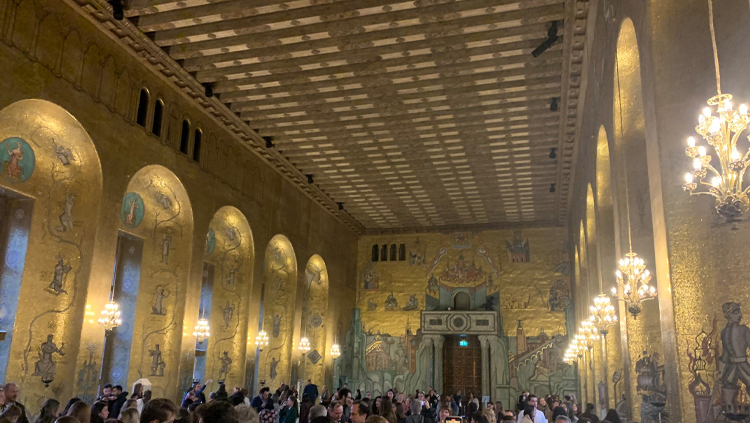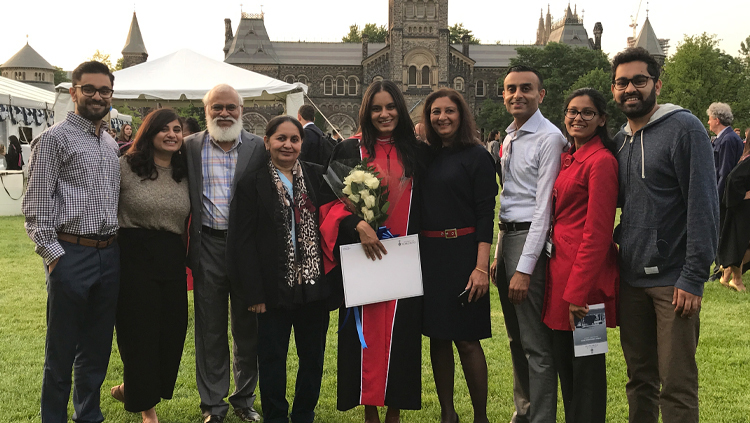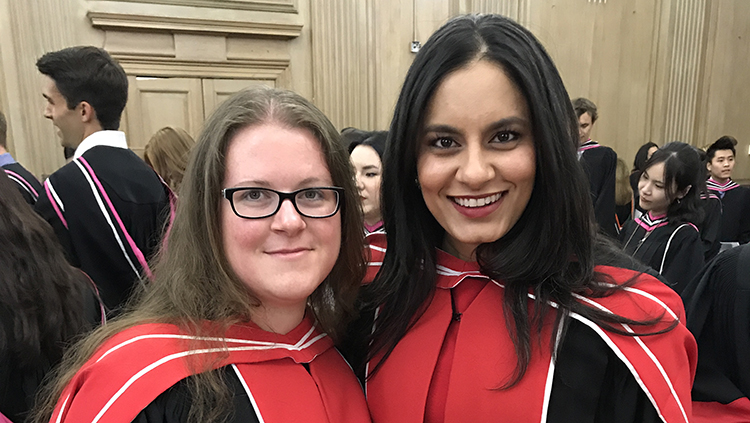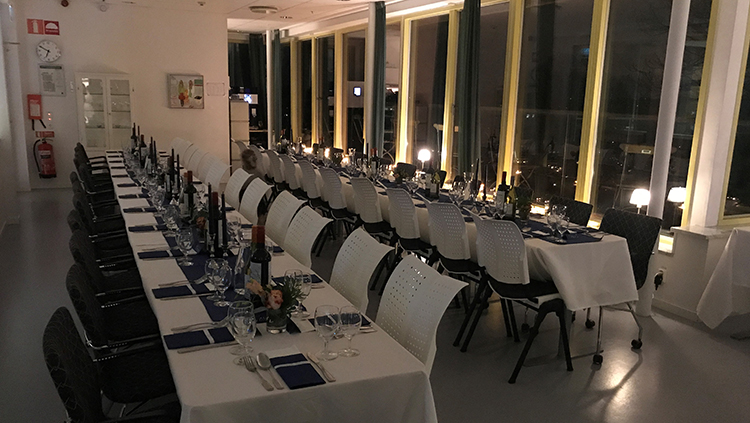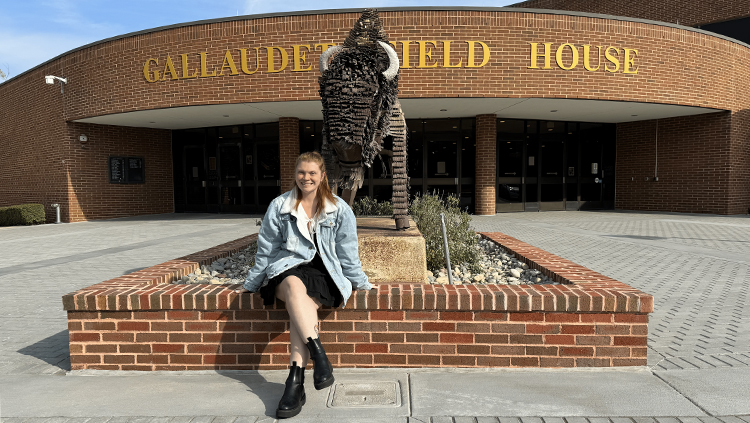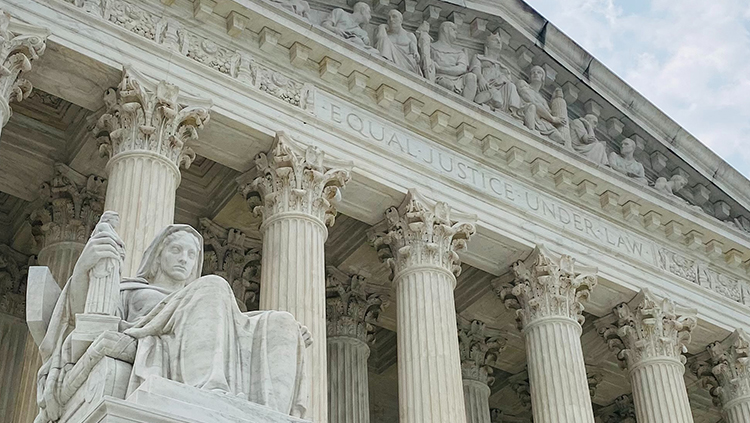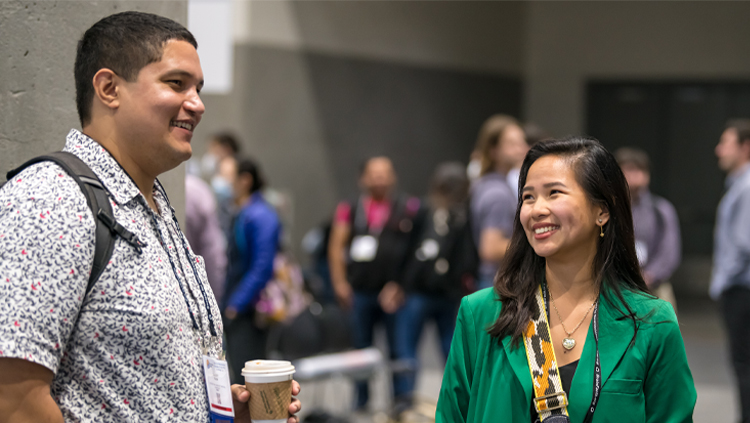Celebration as a species-specific behavior
While attending an academic conference reception in May, I found myself in the Blue Hall (Blå hallen) of the Stockholm City Hall. This beautiful and historic room also serves as the location for the annual Nobel Banquet in December, one of the fanciest celebrations of remarkable science. Being there made me curious about practice and culture of other academic celebrations. Seeing family and friends’ pictures of recent graduation and commencement ceremonies, end-of-term festivities, and arrival of summer gatherings further intrigued me about the “neuroscience of celebration” in general.
Why do humans celebrate, and what is the science behind it? Expressions of celebratory behavior hardly seem necessary for survival, yet they are universal. Do other animals exhibit similar behavior and did our common ancestor participate in primitive forms of celebrations? Logically, the brain regions associated with social bonding, reward system, encoding and retrieval of emotional memories, and executive function would be involved in planning and experiencing a celebration, but are there specific brain loci, network, or mechanisms that are responsible for the need of celebrations?
In search of lost celebrations
Unfortunately, Google and PubMed searches didn’t get me too far. Google had convincing results that fit two categories: articles emphasizing value of celebrations in business or sports, and notions that celebrating success begets more success. An advanced search on PubMed with a “(celebration[Title/Abstract]) AND (neuroscience[Title/Abstract])” prompt returned 17 results pertaining to celebrations of success of various minority groups and women in neuroscience, marking milestones of longevity of neuroscience departments and institutions. I recognized that I needed a broader lens. I found some relevant sociology and anthropology articles, if one can divide “celebration” into its logical components: food, drinks, music, dancing, rituals or tradition, speeches, etc. Yet, I am convinced that the whole is greater than the sum of its parts.
Thus, continuing with my broader lens approach to encompass a loose definition of “celebration”, I turned to Wikipedia. While Wikipedia’s disambiguation feature hosts about 180 pages that include the word celebration, I did not find a comprehensive entry that sheds light on the human behavior itself. I was looking to understand the shared neuropsychological elements between birthday cakes, religious festivities, and of course, Nobel prize reception galas. What value do celebrations bring to humans in general and specifically to academia, and why are celebrations important? Which celebrations should we ensure to take part in, and is there an optimal number or schema for celebrating? Who should organize and participate? Are there cultural differences or equity issues around celebrations?
Too cool for school…
My own academic celebrations in Canada and the U.S. have been progressively smaller and limited affairs. My college graduation party with 30 to 40 guests matured into a much smaller dinner at a nicer restaurant after a doctoral defense and having immediate family present at convocation. More recent celebrations have included after-work drinks when a manuscript was accepted after minor revisions and an assortment of emojis sent to a friend. Some friends have also reported similar declines in their numbers as they climbed up the academic ladder into the ivory tower. Informal dinners or drinks with the lab or a meal with your family or close friends seem to be the culture of celebration in the places I called home in North America.
I experienced a significant contrast in academic celebrations during the four years I spent in Sweden as a post-doc. My Swedish department suspended most other activities on any day that a doctoral student defended their PhD thesis and had special dishware and champagne flutes for the occasions. Most of my Swedish friends organized a large party marking the end of their PhD, akin to a wedding for an individual, packed with many courses of food and speeches. While their personal preferences and financial means determined if they booked an extravagant party venue with a champagne tower or transformed the departmental lunchroom or a lecture hall into a beautiful candle-lit soiree, the sense of celebration was strong in all.
Fellow students and departmental friends (including myself) put on skits and performances including a rendition of Academic Game of Thrones, adapted Broadway Musical acts, chorus singing of Rwandan song 'Intsinzi', and popular gameshows. All of these had been in preparation for weeks and included costumes and props. Students and PIs exchanged meaningful presents, such as favorite books, prized artifacts, and paintings. There were also seven minutes of fireworks organized by a Swedish friend and PI for a graduating doctoral student as a parting gift. While some of these examples feature financial and other privileges, all of these were also rich in personal effort and supportive collegiality. These experiences of effort, support, and festivity inspired me to question if my corner of the world could also celebrate academic success of mentees in a more personal and significant way. I left Sweden determined to spearhead similar practices in my future academic departments across the Atlantic. While the Finnish doctoral sword or the doctoral maces, hats, or hoods in many other countries may not excite everyone, I am using this article as an effort to ignite a little spark and inviting the larger neuroscience community to join the vicarious party.
To celebrate or not to celebrate?
Besides a doctoral defense, I am also interested in practices of celebrations for other worthy academic milestones: manuscript acceptances, submitting grant applications, securing funding, and starting new projects. But what if there is no existing tradition or no time for planning; should you still make an effort to celebrate? My answer is a resounding yes.
Academic pursuits take a substantial amount of work, but all work and no play, can make a dull work life. Celebrations can provide much-needed rest and respite, increase morale, and create positive feelings. They also foster stronger personal connections, allow opportunities for gratitude and interaction across the academic hierarchy. Fostering such solidarity and friendship can lead to new connections and new ideas. And of course, let’s not forget that celebrating success begets more success!
If you are also as interested in the topic of celebration, please share in the Neuronline Community forum if you know or practice any other fun, creative, or traditional academic celebrations.

